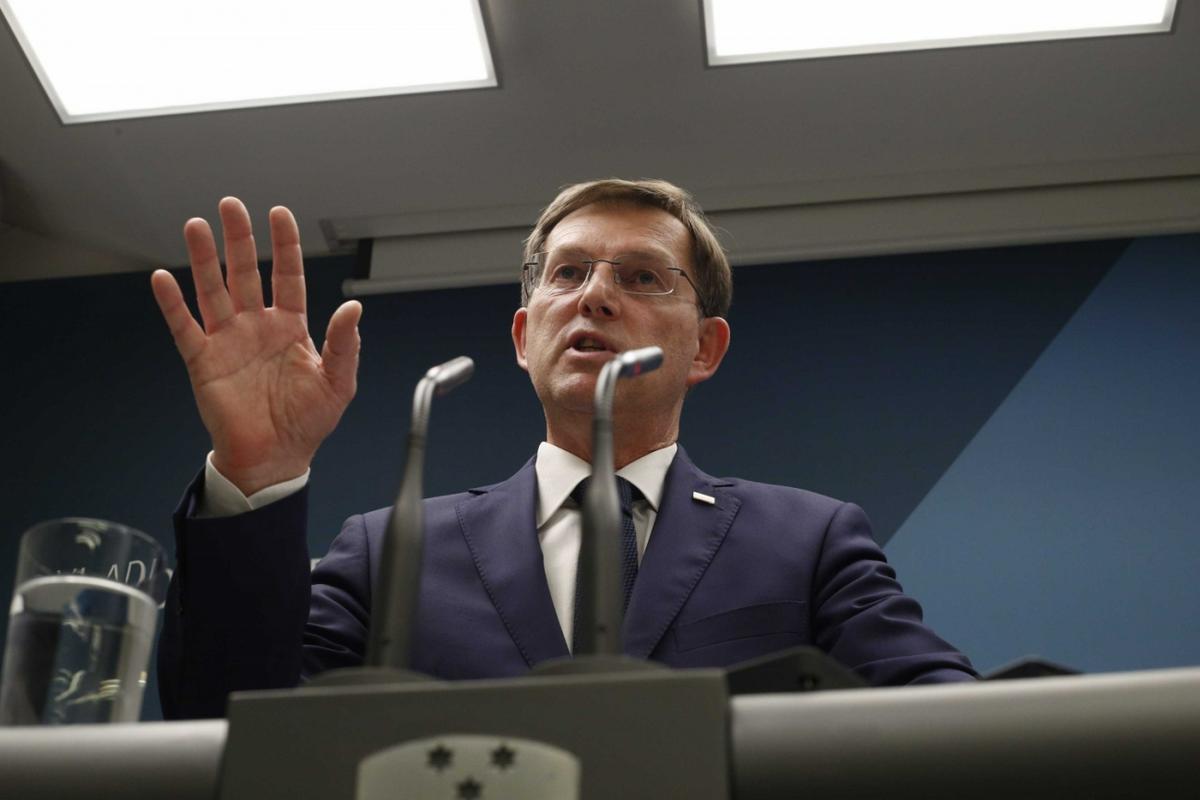
It is true that he had been pushed into a corner over the last days, with the peak being a combination of seemingly insoluble complications with the public sector trade unions, the surprising ruling of the supreme court and culminating with the debacle of the scale model of the failed second rail track project.
But the key point is that within all the problems Cerar faced, including the ruling of the supreme court, he recognised the fingerprints of his political opponents – inside his own coalition.
In this way, paradoxically, Miro Cerar publicly confirmed only at the very end what has been clear since the very beginning. That the coalition was demanding, being a disharmonious alliance of parties in conflict with each other. A coalition which had distrust and competitiveness built in its very foundations. Cerar's decision to blame his partners for the failures and to confirm the opposition's mantra about old forces is indeed logical to some extent. But of course, a question arises as to why he only did this now, two months before the elections.
The elections give tone and context to everything that is happening in the country. Cerar stepped down because he no longer had any way forward and because he knew his party would merely slide to the bottom by June. This is a defensive measure taken in a pre-election offensive, but so late that, in reality, it will not shorten the government's mandate to any great extent.
Did this political beginner surprise everyone and draw out the best moves in a key moment? Slowly, slowly! The election battle is only just beginning.


































































